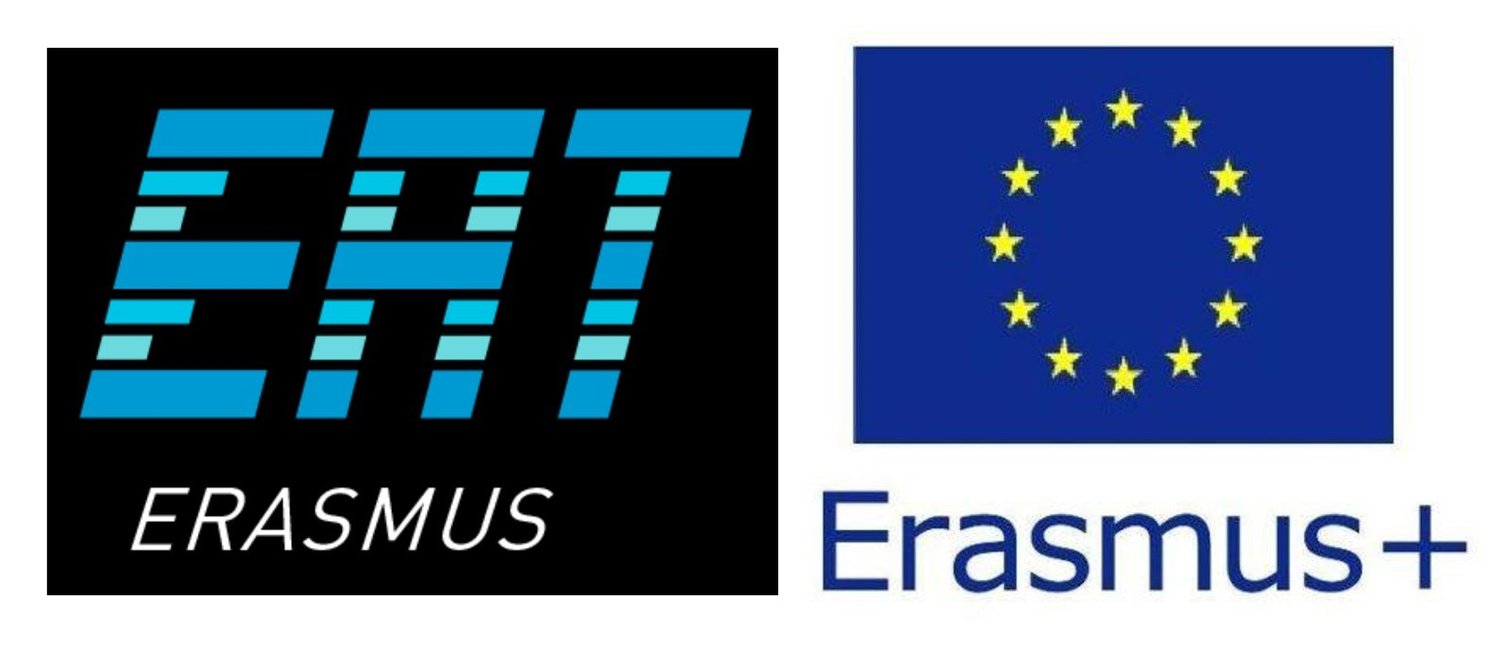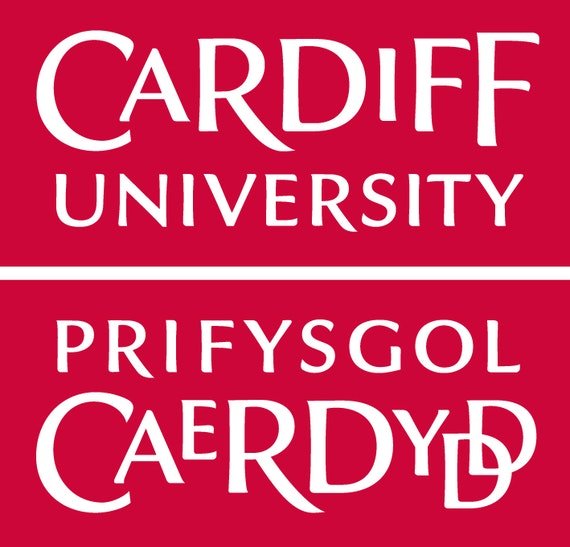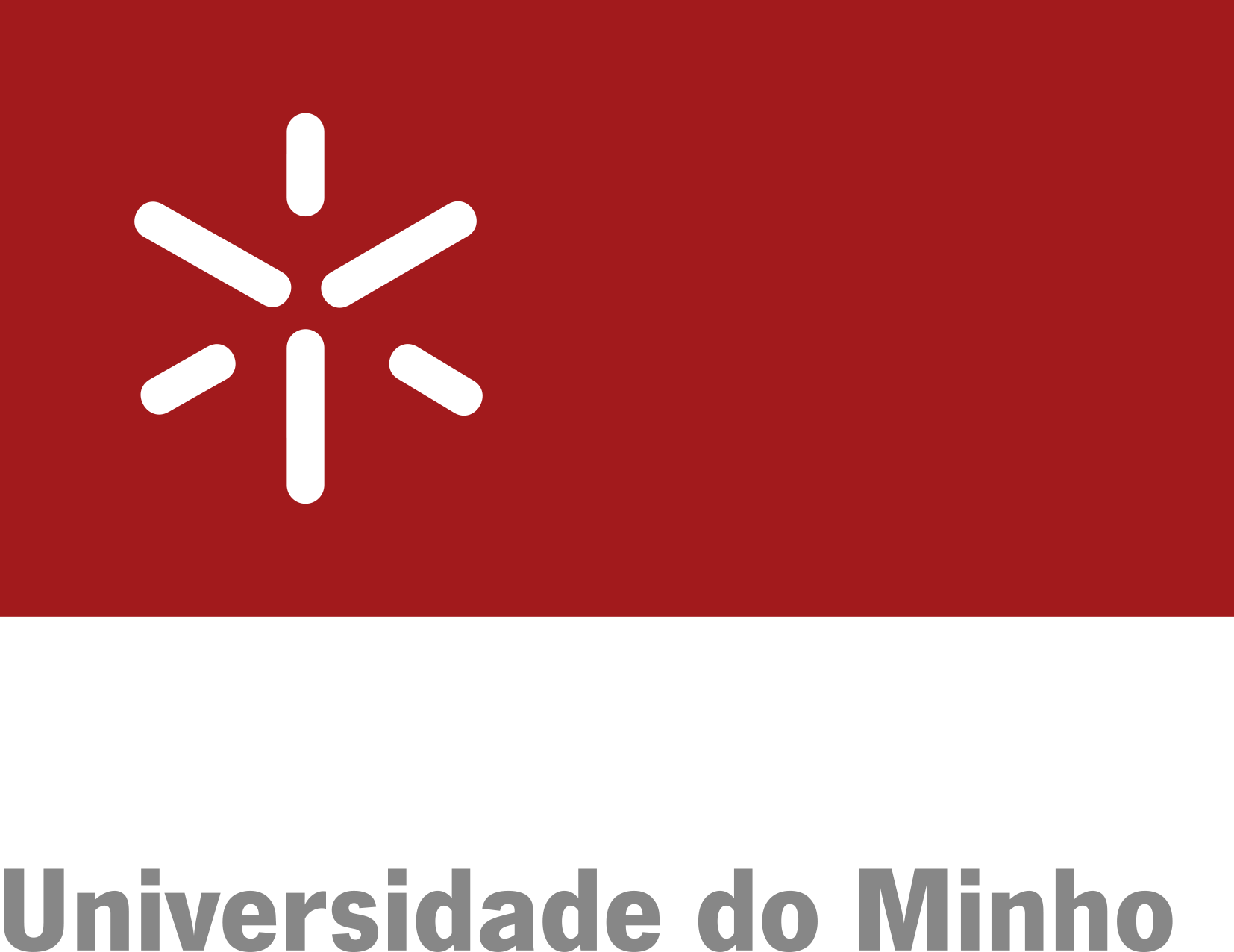
The EAT-Erasmus Project
Enhancing Equity, Agency, and Transparency in Assessment Practices in Higher Education
About The EAT-Erasmus Plus KA2 Project
Summary of the Project Aims
EAT is an Erasmus Plus KA2 Project which seeks to address enhancing Equity, Agency, and Transparency in Assessment practices in higher education.
EAT is a three-year project (2020-2023) that aims to support educators in developing and implementing high quality, innovative assessment practices by use of a research-informed participatory assessment framework (EAT; Evans, 2016).
The project aims to produce a suite of practical resources to support academic staff in developing a student-centred approach to assessment, and to share good practice.
Our project focuses on:
Supporting development of learner self regulatory skills through development of a self-regulatory competency framework;
Providing case studies of how an integrative approach to assessment can be implemented, sensitive to cultural differences, to support learner agency and success;
Developing training approaches (courses and materials) to support understanding and implementation of integrative assessment, including a continuing professional development assessment programme;
Developing an assessment standards framework to raise standards of assessment practice within/across institutions, with potential for scaling up across the sector;
Creating an assessment recognition scheme to acknowledge and reward competency in assessment
The project is innovative in its use of EAT, an integrated assessment framework that reveals variables impacting learning and teaching in HE. EAT emphasises Equity, Agency and Transparency in assessment as well as the importance of student and staff engagement as partners in assessment.
EAT promotes learner self-regulation of assessment, combining understanding of cognitive, emotional and metacognitive dimensions of learning. The integrated theoretical framework is unique in its synthesis of neuroscience, education, cognitive psychology and educational psychology.
EAT is used to inform the enhancement of assessment practices, working collaboratively to improve provision for learners. Drawing on the inclusive principles of EAT, we will address the research-practice gap in assessment, to promote transformative change in assessment across the sector.
EAT promotes a participatory and evidence-informed approach to support shared understanding of effective assessment practices for all learners. This implementation-evaluative approach aims to enhance the quality of HE assessment practices at local, national, and international levels, and to be sector-leading in its promotion of research-informed, student centred, inclusive assessment.
Summary of the EAT Framework
What needs does our project address?
The project addresses a significant higher education (HE) need to substantially enhance the quality of assessment practices. To enhance assessment practices significantly, an understanding of integrative, inclusive and self-regulatory approaches to assessment is essential.
IThe project seeks to tackle issues of central importance to universities world-wide, ensuring that assessment is fit for purpose in promoting the knowledge, skills and understanding that graduates need to thrive in the 4th industrial revolution, and that assessment design provides equal opportunities for all students to excel.
The project addresses the disconnect between research into assessment and its implementation in HE practice. Assessment should be an enabler of learning, but often poor assessment design is a constraint that unintentionally limits learning. Well-designed assessment lies at the heart of good teaching and high impact pedagogies within HE. Excellent assessment and feedback promotes equality of opportunity, drives curriculum change, directs advances in knowledge and understanding, and supports life-long learning.
In order to promote inclusive integrative approaches to assessment, greater investment is required to support professional development of educators’ assessment literacy. Research has identified the critical role that educators' pedagogical understanding has on design and delivery of assessment (Evans et al., 2018; Farley-Ripple et al., 2018). This project aims to address this need by developing a range of mechanisms to support teacher understanding and implementation of high impact self-regulatory assessment practices.
Project Partners
This project is funded by Erasmus+ with support from Eurogeo (Belgium) and the following Universities: Cardiff University (UK), Minho University (Portugal), University of Bristol (UK), and Zaragoza University (Spain).
Each partner has strong records of engagement with professional development in HE. They provide a rich assortment of expertise for the development of case studies and resources.







